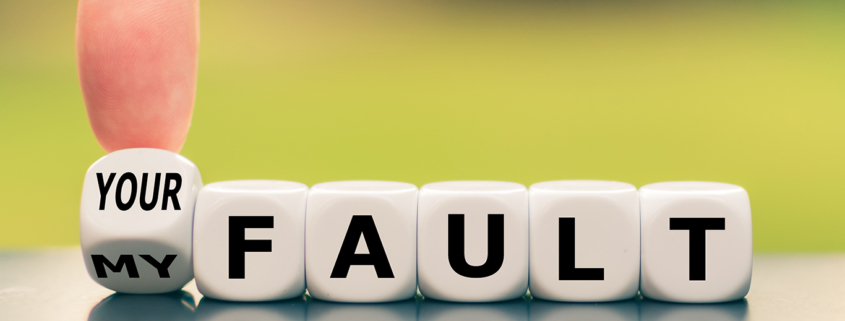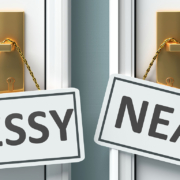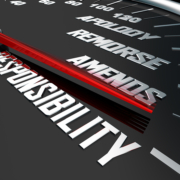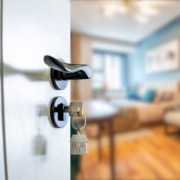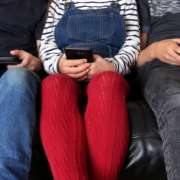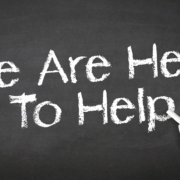How You Apologize Matters (Video)
Whether the setting is a mediation, a family gathering, or an issue with someone that matters to you, how you apologize can in many ways be as important as what you are apologizing about. It can be the difference between being seen as taking responsibility and just going through the motions. It can be the difference between an apology being accepted and not.
In this video, we’ll focus on three words – one word, really – that can make all the difference when an apology is in order.
Video transcript:
“I’m sorry you’re upset.”
“I’m sorry that upset you.”
Can we talk about apologies?
Hi, I’m Erik Feig, mediator and founder of Feig Mediation Group in Bethesda, Maryland.
From the time we’re young, we’re taught about taking responsibility for our actions. That it’s important to recognize THAT and HOW our actions can impact- can hurt others- and that when that happens an apology can be a powerful important step in healing that hurt.
“I’m sorry I broke your stuff.”
“I’m sorry I said something mean.”
“I’m sorry that what I did hurt you.”
An authentic apology can be an important, powerful tool in healing relationships and for reestablishing a connection, for moving forward from the past. Apology is a rich subject that so much has been written and spoken about. Here, I just want to focus on one important aspect of an apology, three key words.
So what are they?
I’m, sorry, I.
Instead of, as has become so popular in recent years: I’m, sorry, you.
I’m focusing on these words because they are important building blocks that we use to communicate to each other our intentions, our feelings, and everything that comes along with them.
Notice I didn’t say only. Of course, there’s more to making an effective apology. But let’s focus on this piece.
The first part, the “I’m sorry,” is an expression of regret. The “I” that follows is the key. It makes the connection between me, the person who’s done something, and you, the person impacted by what I’ve done. It’s a recognition that I’m responsible, that I am accountable for my actions and their impact on others. It affirms the connection between me and you and the harm of something that was in my control or that I set in motion.
Contrast that with what we’re seeing in my opinion too often today. It’s the “I’m sorry you” apology.
It starts off the same way with a statement of regret, “I’m sorry,” but then it turns the camera focus away from me onto you, the person who was on the receiving end of whatever it was the apology is supposed to address.
“I’m sorry you’re upset.”
“I’m sorry that bothered you.”
“I’m sorry you don’t understand.”
Note what’s missing in all of those statements: my taking responsibility and accountability for my role as the actor. Instead, you get a vague statement about how I regret your reaction. How is that going to be heard?
“I regret that you responded the way you did.”
See the difference? You may not personally responsible for the other person’s feelings, but your words or actions evoked a response. They had impact. That’s your part, and your piece is what your apology can be part of healing.
“I am sorry for what I did.” And that’s where keeping the “I” focus becomes so important. It speaks to your contribution, what’s in your control.
Look, I appreciate that apologies can be difficult. There are so many personal, social, and relationship dynamics and factors that also influence us and our willingness to offer an apology. There’s a vulnerability involved that could be difficult for some.
I get that.
AND, my hope is that by having a better understanding of this piece and the impact that the words you choose can have can be the building blocks you need when an apology is in order.
I want to thank you for joining me. And if you’re considering mediation to help you with issues or conflicts that may be difficult for you to address on your own, or if you’re interested in learning more about our mediation practice, visit us at our website at www.feigmediationgroup.com to set up a free consultation. I’m Erik Feig. I’m looking forward to seeing you next time.

